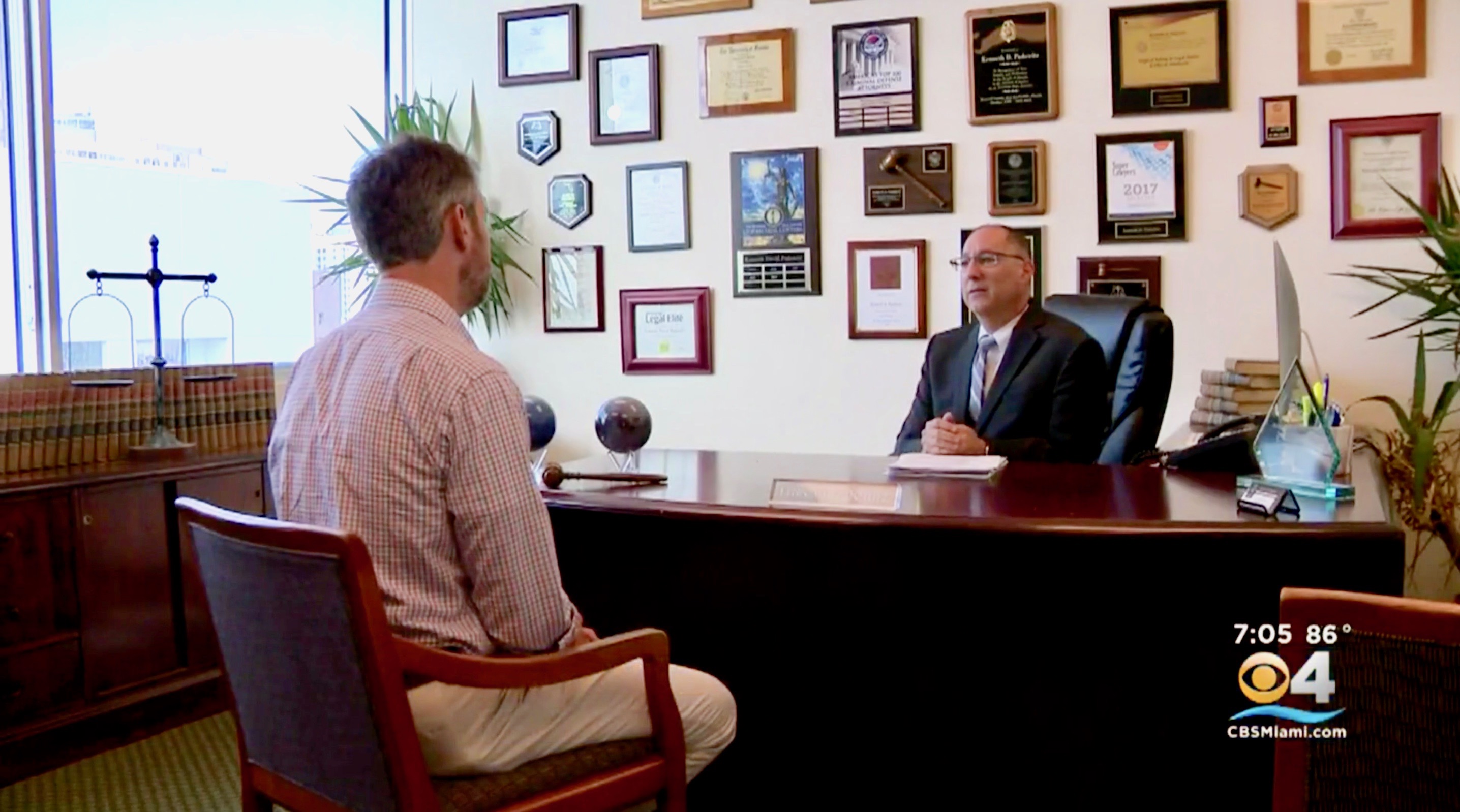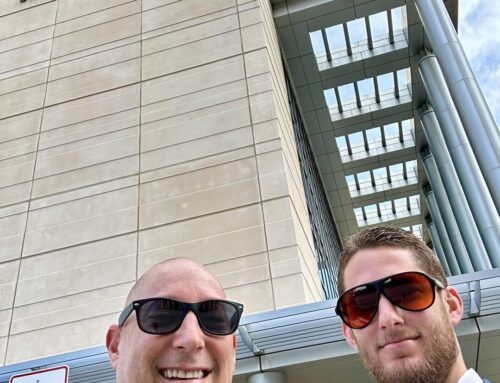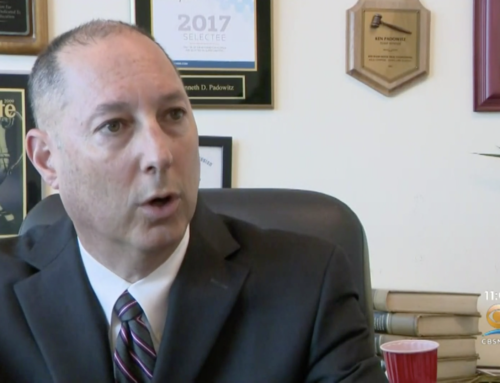“It’s an exception to charge somebody without a body, and it’s an exception to convict, but it’s not uncommon,” said former prosecutor Ken Padowitz, who is not involved in either case. “The evidence can be circumstantial, but it has to be persuasive.”

Joseph Traeger is on trial this week in Broward County, charged with second-degree murder. If convicted, he faces the possibility of spending the rest of his life in prison.
The same fate, if he’s convicted, awaits Edward Taylor, though he is charged with first-degree murder and, if convicted, the life sentence becomes a certainty rather than a maximum possibility.
The cases have almost nothing in common — the defendants do not know each other and there’s no indication the victims ever met. But they share one trait, one that frustrated prosecutors have been able to overcome in the past — in each case, the location of the victim’s body remains a mystery.
In most murder cases, the body is a crucial piece of evidence. It usually tells you exactly how the victim died. It often tells you exactly when. It tells you what was used as the murder weapon and, depending on the angles of the victim’s wounds, it can be used to approximate the height of the killer.
Most importantly, the body erases any shred of doubt that the victim is actually dead.
Traeger is facing one count of second-degree murder in the death of his wife, Jeneen Ann Catanzaro, who disappeared about a week after Thanksgiving in 2018. He’s also charged with tampering with physical evidence and providing a false statement to law enforcement officers.
Traeger, now 55. initially told Sunrise Police that he found his wife’s lifeless body in their home after he took a shower and disposed of it by placing it in a garbage bin so that he would not be blamed for her death. He later admitted stabbing her in the back of her head during a fight. The body ended up being incinerated with the household trash — making Traeger’s confession the most compelling evidence about what happened his wife.
Traeger is being tried before Broward Circuit Judge Ernest Kollra.
Taylor, 53, is charged with the murder of his neighbor, Adrian Curry, who was last seen Sept. 7, 2017. Taylor had been scheduled to go on trial for allegedly stabbing Curry in an argument over parking rights in August 2014.
Investigators found Curry’s keys and his blood on Taylor’s property in Lauderhill.
Taylor’s trial is before Broward Circuit Judge Frank Ledee.

“It’s an exception to charge somebody without a body, and it’s an exception to convict, but it’s not uncommon,” said former prosecutor Ken Padowitz, who is not involved in either case. “The evidence can be circumstantial, but it has to be persuasive.”
A confession fits the bill, he said.
“Obviously it’s better to have the body than not,” said former Broward homicide prosecutor Adriana Alcalde-Padron. “But you can still win the case without it. The only real difficulty would be if you could not establish that the person is dead.”
The victim’s sudden disappearance from social media, the lives of his or her closest friends and family, and bank activity often factor into such cases, attorneys said.
One of the highest profile recent cases involving a murder without a body was tried in 2017. Prosecutors secured a life sentence against Cid Torrez, who killed his wife in a jealous rage and disposed of her body in the Everglades. Torrez is serving a life sentence.





